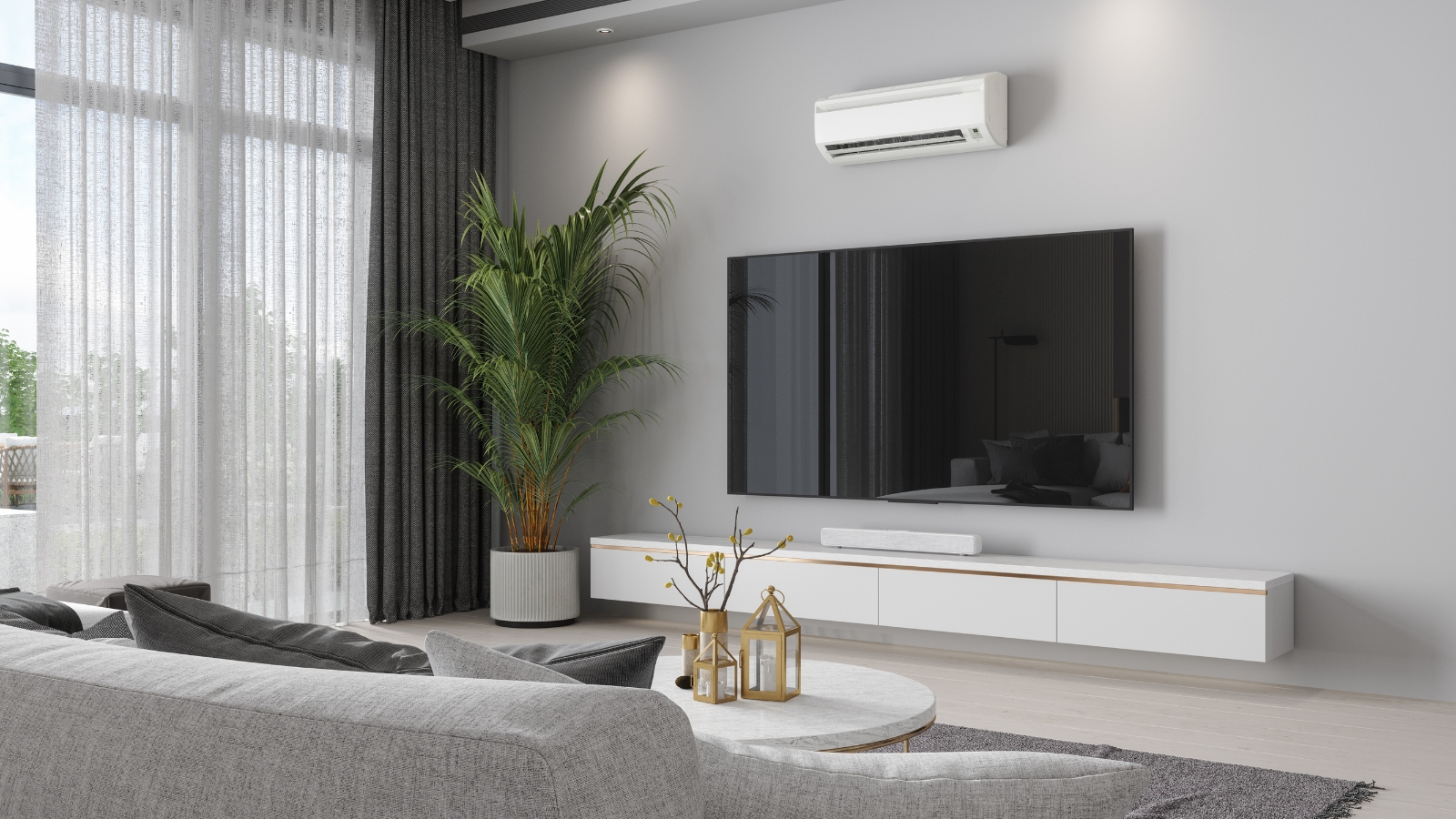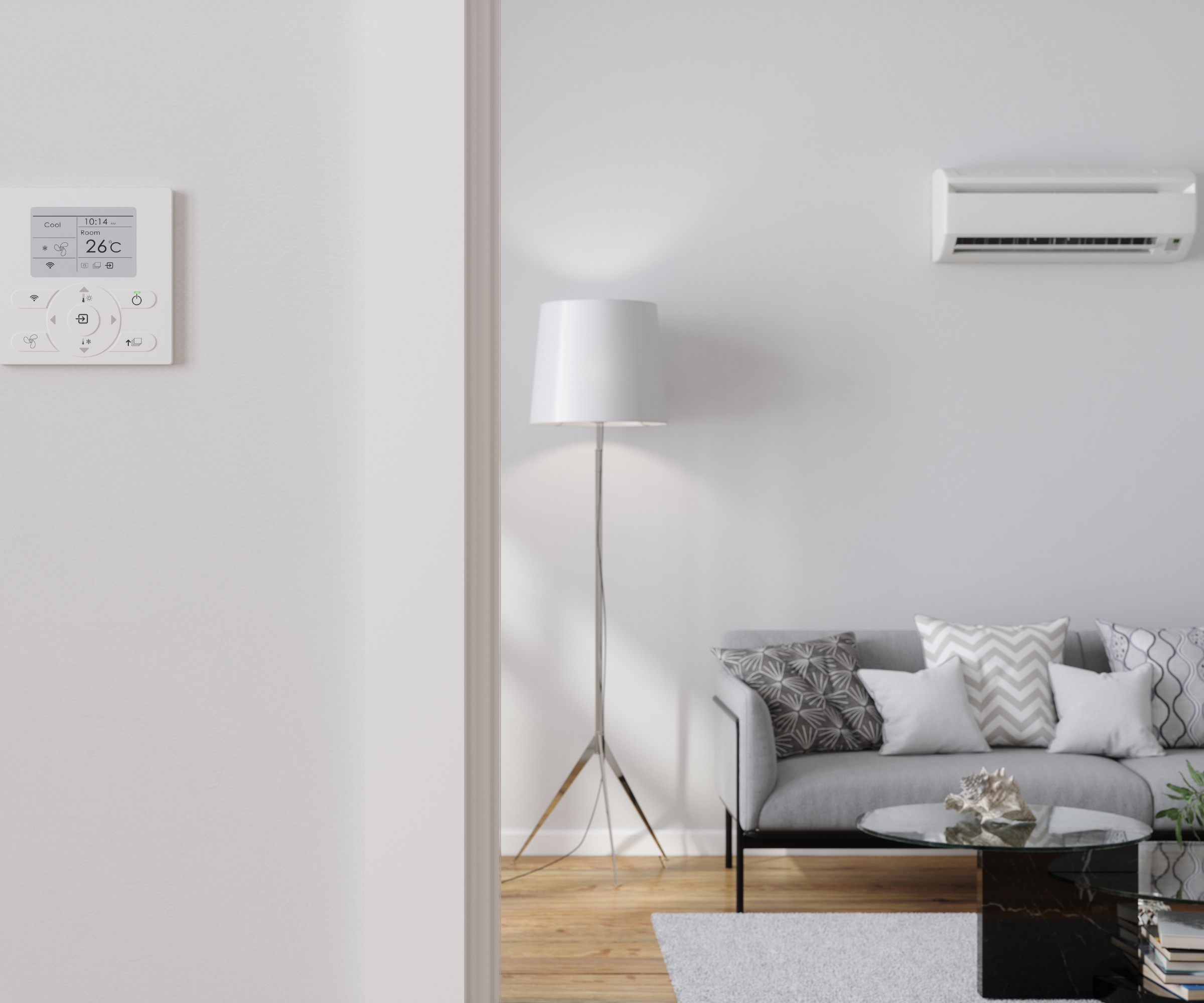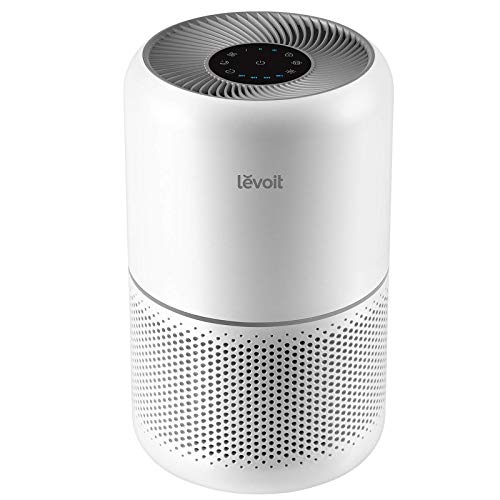
When it comes to saving energy and cutting heating or cooling costs, many homeowners think closing vents in unused rooms is a smart move. However, doing so can lead to bigger system problems and a rise in energy bills.
This seemingly logical practice to close vents in rooms not in use can backfire, leading to energy inefficiency, higher bills, and even damage your heating, ventilation and air conditioning (HVAC) system.
Our HVAC experts reveal why you shouldn’t close vents in unused rooms – and what you should be doing instead. By knowing how to run and clean your HVAC system, you'll manage your home's climate efficiently.
Should you close vents in unused rooms?

In short, no. Your HVAC system is designed to distribute air evenly throughout your home and closing vents in unused rooms disrupts this balance, and could cause a number of potential problems.
Andrew Hulsebos, lead service director at HVAC experts Reiner, has been in the industry for 15 years. He explains, 'When you close vents in unused rooms, airflow becomes unbalanced which creates additional pressure in the duct work.
'Most HVAC systems are designed to heat or cool the entire home, so blocking off sections can force the system to work harder to maintain the overall temperature, often making it less efficient, rather than more. This extra strain can lead to higher energy consumption, increased wear and tear on the system, and potentially even reduce its lifespan.'
Though several issues can occur, Josh Mitchell, HVAC technician and founder of Air Conditioner Lab, explains the most common:
- Increased pressure in the ductwork: Closing vents can raise pressure in the system by as much as 20%, which strains your HVAC system. Duct leaks are already a common problem, with studies showing that as much as 30% of conditioned air can be lost through leaks. So, raising pressure makes leaks and energy waste worse.
- Reduced system efficiency: HVAC systems need balanced airflow to function at their best. When that balance is disrupted, the blower has to work harder to maintain temperatures, which means the system runs longer, uses more energy, and costs more to operate. This can reduce efficiency by up to 15%, increasing your monthly energy bill.
- Increased wear and tear: If your HVAC system consistently has to push against higher pressure, it’s more likely to wear out sooner. Over time, this means repairs – in the long run, it can even shorten the system’s lifespan.
Mitchell adds, 'Overall, you can see why closing vents in unused rooms can create more issues than it solves.'
What to do instead

Rather than closing vents, focus on optimizing your HVAC system for efficiency. There are several ways to do this, including using vent deflectors, changing your filters regularly, using air purifiers, improving your insulation, installing smart thermostats, and opting for a zoned heating system. Head of Solved, Punteha van Terheyden ran her heating on a constant temperature for months and saved hundreds in energy bills.
1. Use vent deflectors
Vent deflectors are a good way to affect the airflow in your home without closing any vents.
Mitchell says, 'Vent deflectors are a simple and budget-friendly option that maintains system balance, helping to divert air away from unused areas or into areas that need more warmth or cooling.'
Mitchell recommends the Thermwell HD5 Heat and Air Deflector, available from Amazon, which comes in packs of four.
2. Change filters often
Changing air filters regularly can greatly improve your system's effectiveness. Adam Ross, owner of Florida-based HVAC experts Aircon Repair, says, 'It is crucial for homeowners to change their air filters every 90 days to improve flow and avoid contaminants in the air.
'People often don't realize that clean filters help you save money by preventing your AC system from getting overworked, which leads to higher energy consumption. It also prevents overheating or freezing – and costly, unnecessary repairs.'
Though options will depend on your specific air conditioning system, Ross recommends this Filterbuy MERV Air Filter from Amazon, which is compatible with several common models including Trane Perfect Fit, and American Standard.
3. Add air purifiers
Having one of the best air purifiers can further enhance a filtration system's work around your home.
Ross says, 'While air filters help a lot in filtering unwanted contaminants, it may not be enough. This is the reason why we recommend using an air purifier to further remove dust and debris, which reduces the strain on your system, allowing it to function more efficiently.
'Some air purifiers – such as the REME HALO Whole Home In-Duct Air Purifier – also contain UV light that significantly improves air quality indoors by reducing bacteria, viruses, odors and mold spores in the air and on surfaces. It saves a lot of money, not only by reducing energy consumption but also keeping you and your family in good health.'
Check out our expert guide on what to look for in an air purifier.

We tried and tested this air purifier and found it to be the best budget one. It cover 1095 square feet, has a three-in-one HEPA filter to catch the smallest of particules, a sleep mode and small footprint.
4. Improve insulation
Keeping your home air tight ensures conditioned air does not escape, and prevents unfiltered air from entering, making it a common heating mistake that increases energy bills.
Ross says, 'Air leaks increase workload on your heating and cooling systems so it is important to seal even the tiniest cracks. Leaks around windows, doors, ducts, and attics allow warm or cool air to escape, causing HVAC systems to work harder to maintain a stable temperature – this increases energy consumption and utility bills.
'Products like caulk, weather stripping, and foam can seal these gaps, boosting HVAC efficiency, reducing energy costs, and extending the lifespan of your HVAC system.'
Ross recommends Touch ‘n Seal Gun Foam II Sealant, available from Amazon. He adds, 'It's a high-performance sealant that's got residential fire blocking approval.'
Learn more about the areas of your home pros say you should always insulate.
5. Go Smart
Smart vent systems are a great option if you're looking for more control of your home's heating.
Mitchell says, 'These programmable vents are a more advanced solution for controlling airflow. Products like Flair Smart Vents, available from Amazon, allow you to adjust airflow in each room based on temperature sensors. Since they’re designed with HVAC systems in mind, they automatically adjust to prevent pressure buildup, which makes them a safer option than manually closing vents.'
Ross says, 'Imagine coming home to an already cooled home after a long hot day! Many of these systems can be controlled through your smartphone, which transports control of your whole AC system into your hands.'
Ross recommends the Amazon Smart Thermostat, which can be controlled remotely in several ways, including via Alexa or your Ring doorbell. Ecobee Smart Thermostats are also highly popular with our experts thanks to their reliability and slick tech.
6. Zone heating systems
If there's one situation where closing vents is recommended by our experts, it's where a zoned heating system is installed.
Mitchell says, 'Zoned HVAC systems are designed specifically to heat and cool areas independently, using dampers that regulate airflow. In these setups, closing vents in unused rooms is actually part of how the system is supposed to operate.
'If you’re considering room-by-room temperature control, zoning can be a worthwhile investment. It lets you control temperatures in different rooms or 'zones' without creating the pressure issues that come with closing vents in standard setups. This can be especially helpful for large or multi-story homes where different areas often need different temperatures.'
The Keen Home Smart Vent Pro is a popular zoned heating system with our experts. Controlled via an app, this is one of the more affordable systems on the market that allows for room-by-room temperature control.
Check out our guide for more ways to improve ventilation in your home. and watch out for these common household items that are polluting your air.
FAQs
Does partially closing vents save energy?
Partially closing vents disrupts airflow and creates unnecessary pressure in your HVAC system. It’s best to leave vents fully open and explore alternative solutions, like programmable thermostats or zoning systems, for better energy management.
It's a good a time as ever to check if your home is showing signs it needs vapor barriers installed.
What are signs of HVAC pressure imbalance?
Signs include uneven temperatures, loud airflow noises, or a system that cycles on and off frequently. Addressing these issues quickly can prevent further damage and improve your HVAC system's performance.
Do vent covers help save energy?
Magnetic vent covers can help temporarily redirect airflow but won’t address the root cause of inefficiency. For long-term energy savings, consider upgrading your HVAC system or improving insulation in your home.
So there you have it – HVAC pros reveal you should not be closing vents in unused rooms unless you have a zoned temperature system and shared what to do instead.
Closing vents in unused rooms may seem like a quick fix, but it’s more likely to harm your HVAC system and increase energy costs. By focusing on smarter solutions, you can save money while maintaining comfort and efficiency throughout your home.
Next, check out these nine ways to cool a hot apartment in winter, and how to keep a poorly insulated house warm.







